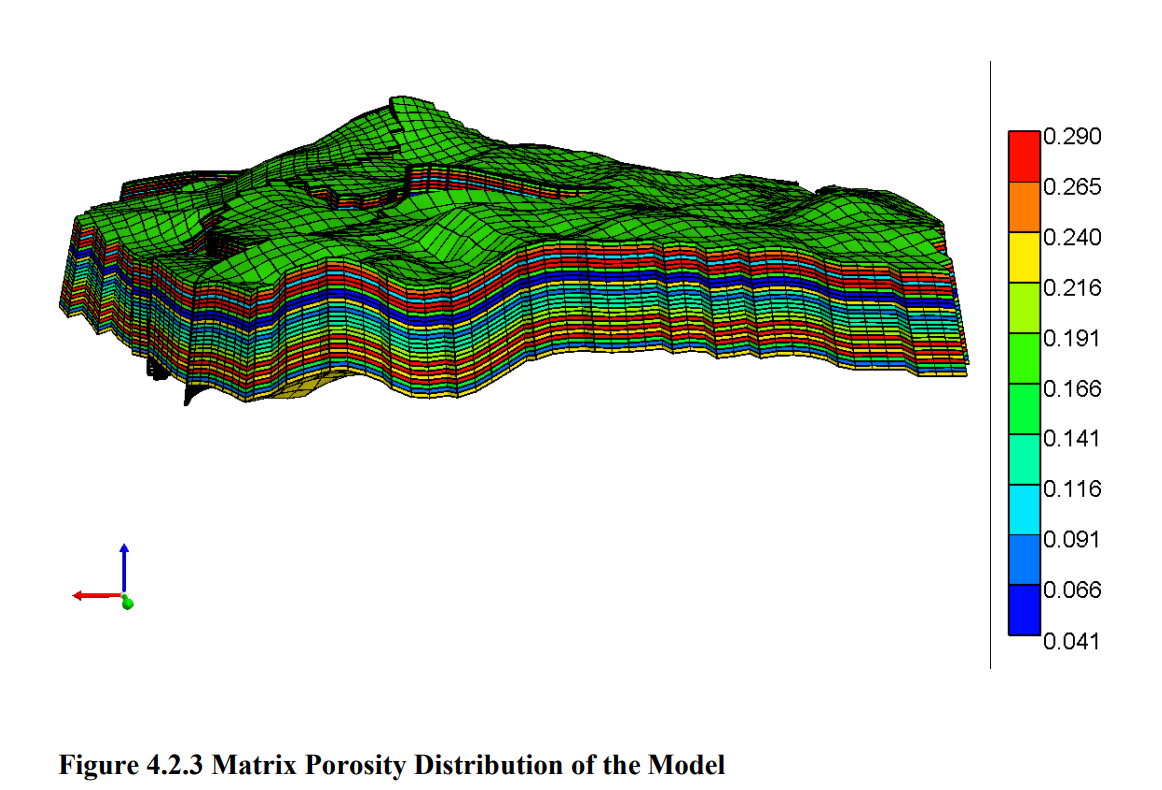Study of Low Salinity Water Flooding in Naturally Fractured Carbonate Reservoirs
Abstract
With the rapid development of the petroleum industry, the oil and gas exploration field has been expanding, and carbonate reservoirs have been discovered in large quantities. Carbonate rocks contain more than 50% of the global hydrocarbon reserves and Carbonate Reservoir occupy a very important role in the distribution of oil and gas fields in the world. Low salinity waterflooding has been identified as a promising technology to improve oil recovery. However, the main mechanisms supporting this recovery method have not been fully understood, especially for applications in the Naturally Fractured Carbonate Reservoirs, which presents challenges in designing the optimal salinity of injection solution. Changing the wettability to a more ideal state for oil recovery during low salinity water injection is the main reason. The thesis applies Low Salinity Waterflooding in Naturally Fractured Carbonate Reservoir. The performance and key mechanism of Low Salinity Waterflooding applied in a Naturally Fractured Carbonate Reservoir is conducted through reservoir simulation. Three different salinity fluids are designed to be injected into three types of reservoirs to investigate the performance of a salinity waterflood in Naturally Fractured Carbonate Reservoir and provide feasibility for future development in Naturally Fractured Carbonate Reservoir.


